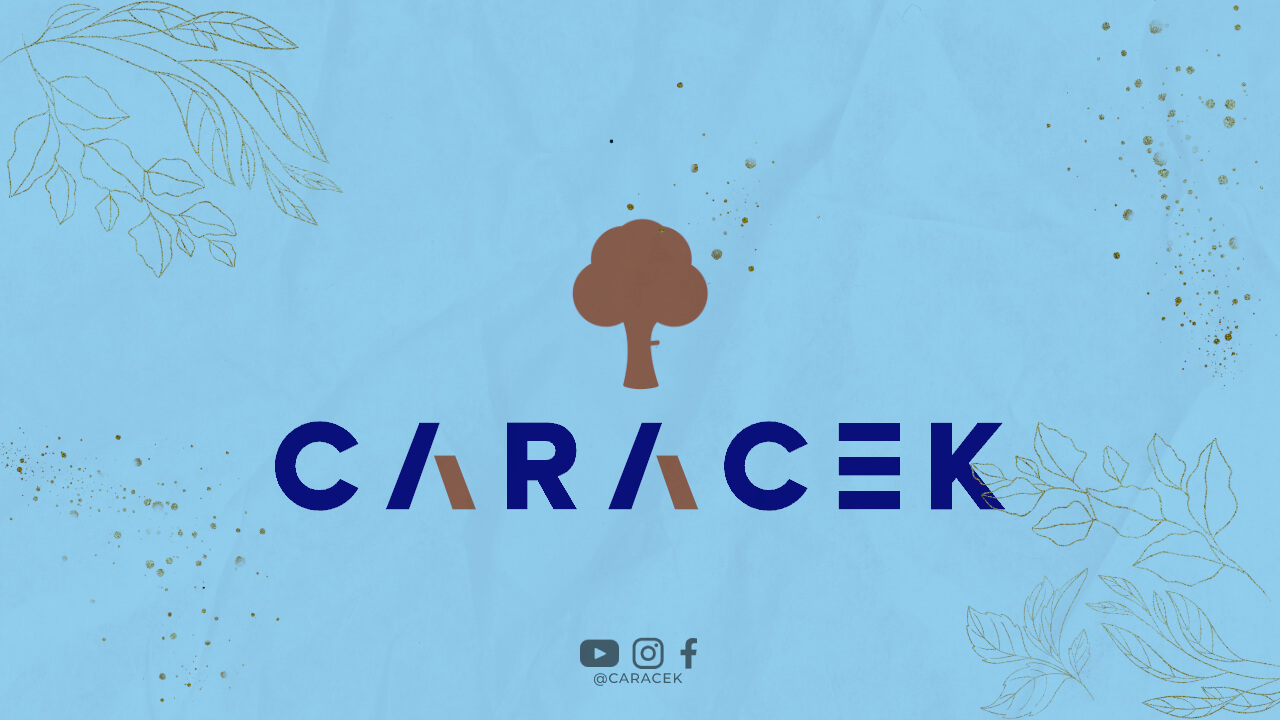Introduction
Switzerland, renowned for its breathtaking landscapes, high quality of education, and multicultural environment, is a dream destination for many international students. One question that frequently arises when considering studying in Switzerland is whether education is truly free in this Alpine country. In this article, we will explore the concept of tuition fees in Swiss universities and shed light on the opportunities available for students seeking higher education in Switzerland.
Tuition Fees in Switzerland
Contrary to popular belief, studying in Switzerland is not entirely free of charge. Swiss universities, both public and private, typically charge tuition fees for higher education. However, the amount of these fees varies significantly depending on several factors, including the type of institution, the level of study, and the student’s nationality.
Tuition Fees for Swiss Nationals
Swiss nationals, including citizens and permanent residents, have the advantage of paying relatively lower tuition fees compared to international students. Public universities in Switzerland offer subsidized tuition fees for Swiss nationals, ranging from a few hundred Swiss Francs to a few thousand per year. Private universities, on the other hand, set their own fee structures, which can be considerably higher than those of public institutions.
Tuition Fees for EU/EEA Nationals
Students from European Union (EU) and European Free Trade Association (EEA) member countries enjoy similar benefits to Swiss nationals when it comes to tuition fees. They are generally eligible for lower tuition fees at public universities, thanks to bilateral agreements between Switzerland and the EU/EEA nations. However, it’s essential to note that some specialized programs or postgraduate courses might have higher fees for EU/EEA nationals.
Tuition Fees for Non-EU/EEA Nationals
Non-EU/EEA nationals face higher tuition fees compared to Swiss and EU/EEA students. Public universities in Switzerland typically charge higher fees for international students, which can range from a few thousand to tens of thousands of Swiss Francs per year. Private universities, being autonomous in their fee structure, often have even higher fees for non-EU/EEA nationals.
Scholarships and Financial Aid
Although studying in Switzerland may involve tuition fees, there are various scholarships and financial aid options available to help alleviate the financial burden for deserving students. Swiss government scholarships, university-specific scholarships, and external funding sources offer assistance to both Swiss and international students, enabling them to pursue their academic goals in Switzerland.
Living Costs in Switzerland
While tuition fees are a significant aspect of studying abroad, it’s essential to consider the overall cost of living in the host country. Switzerland, known for its high standard of living, can be relatively expensive for students. Accommodation, food, transportation, healthcare, and other daily expenses should be taken into account when planning to study in Switzerland.
Working Opportunities
To tackle the living costs, many international students in Switzerland often rely on part-time jobs. Swiss law allows students to work up to 15 hours a week during their studies, and full-time during semester breaks. Additionally, Swiss universities often offer internships and research opportunities, providing valuable work experience to students while supporting their financial needs.
Quality of Education
Switzerland is renowned for its exceptional quality of education. Swiss universities consistently rank among the top institutions globally, offering a wide range of programs and research opportunities. The combination of theoretical and practical education, state-of-the-art facilities, and highly qualified professors make studying in Switzerland a rewarding experience.
Language Considerations
Language can be a deciding factor when choosing to study in Switzerland. The country is multilingual, with four official languages: German, French, Italian, and Romansh. While many undergraduate programs are taught in the local language, several universities offer courses in English, particularly at the postgraduate level. Proficiency in the respective language is usually required for admission into programs taught in German, French, or Italian.
Conclusion
Although studying in Switzerland is not entirely free, the country offers a diverse range of opportunities for international students. Tuition fees vary based on nationality and type of institution, with Swiss and EU/EEA nationals benefiting from lower fees. Scholarships and financial aid options are available to support deserving students, while part-time work opportunities help cover living expenses. The exceptional quality of education, stunning landscapes, and multicultural environment make Switzerland an attractive destination for students seeking a well-rounded academic experience.

